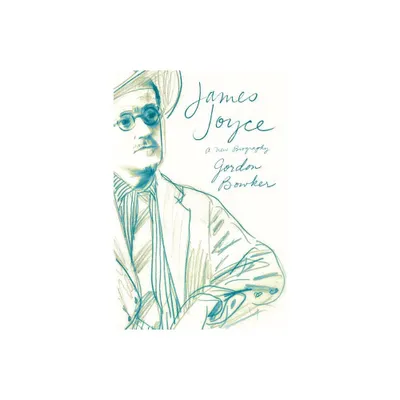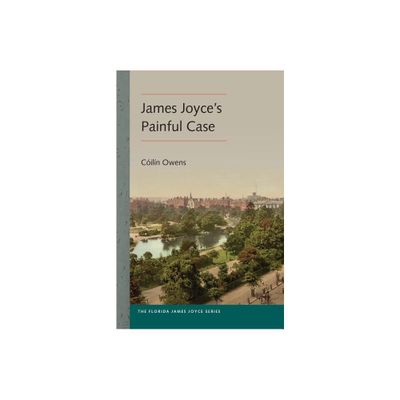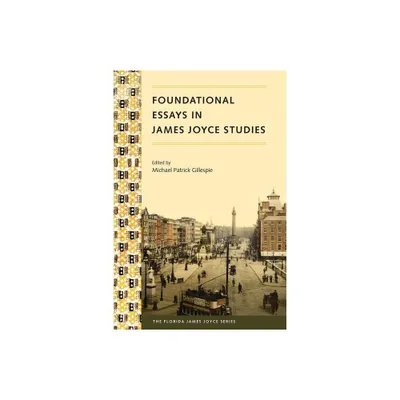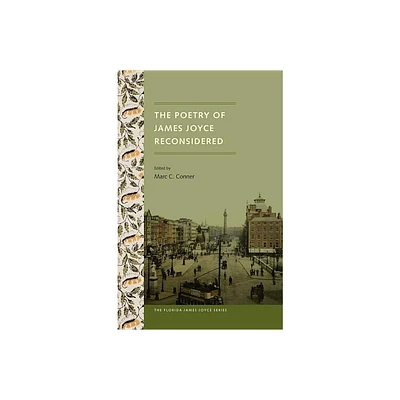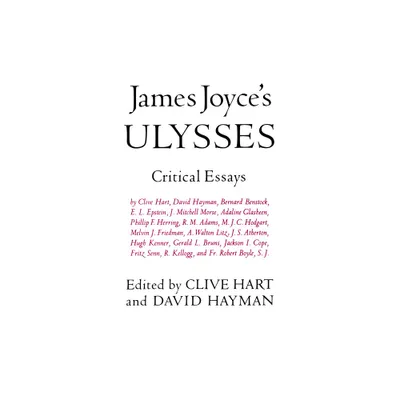Home
The Sacred River: An Approach to James Joyce
Loading Inventory...
Barnes and Noble
The Sacred River: An Approach to James Joyce
Current price: $115.00


Barnes and Noble
The Sacred River: An Approach to James Joyce
Current price: $115.00
Loading Inventory...
Size: Hardcover
*Product Information may vary - to confirm product availability, pricing, and additional information please contact Barnes and Noble
First Published in 1949,
The Sacred River
attempts to present a survey of James Joyce’s work. In 1932 Mr Strong published an essay in the course of which he suggested that
Work in Progress
was the first full scale application to the novel of twentieth century ideas on space and time, demanding from the reader a radical change in practice. The essay was read by Joyce, and the theory subsequently confirmed. From that point Mr Strong has continued his study of Joyce. This work is limited to four main lines of approach: interest in singing and singers, a passion with Joyce; literature, in particular Shakespeare, Swift, Blake, and the Romantic Movement, of which the author believes
Finnegans Wake
to be the logical fulfilment; contemporary theories of psychology; and Christian metaphysics. Mr Strong’s first-hand acquaintance with Dublin in the early nineteen-hundreds has been a further help, as was his friendship with Yeats, A.E., and other Irish writers who knew Joyce personally.
The result is a stimulating and provocative piece of criticism, of which we may safely say that it outruns its modest programme. This book is a must read for scholars and researchers of English literature.
The Sacred River
attempts to present a survey of James Joyce’s work. In 1932 Mr Strong published an essay in the course of which he suggested that
Work in Progress
was the first full scale application to the novel of twentieth century ideas on space and time, demanding from the reader a radical change in practice. The essay was read by Joyce, and the theory subsequently confirmed. From that point Mr Strong has continued his study of Joyce. This work is limited to four main lines of approach: interest in singing and singers, a passion with Joyce; literature, in particular Shakespeare, Swift, Blake, and the Romantic Movement, of which the author believes
Finnegans Wake
to be the logical fulfilment; contemporary theories of psychology; and Christian metaphysics. Mr Strong’s first-hand acquaintance with Dublin in the early nineteen-hundreds has been a further help, as was his friendship with Yeats, A.E., and other Irish writers who knew Joyce personally.
The result is a stimulating and provocative piece of criticism, of which we may safely say that it outruns its modest programme. This book is a must read for scholars and researchers of English literature.

